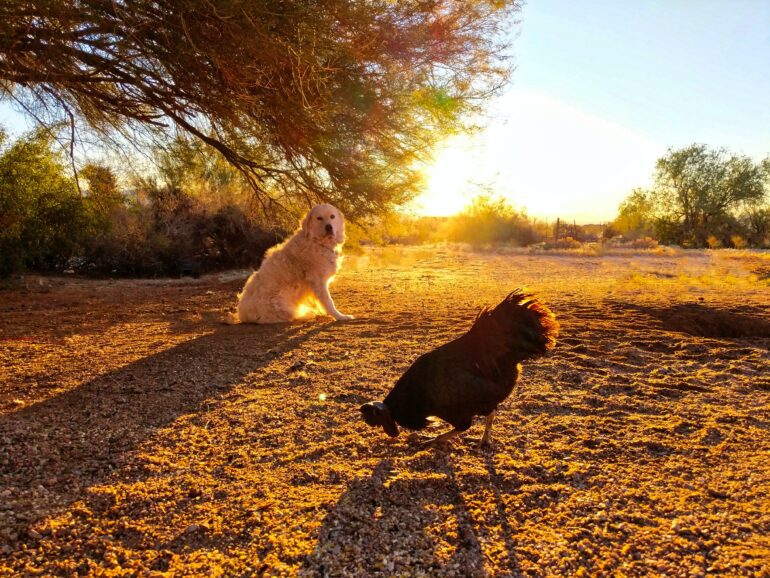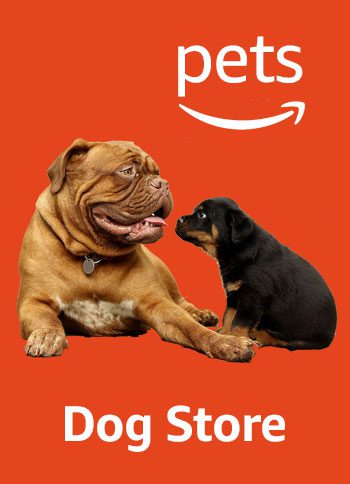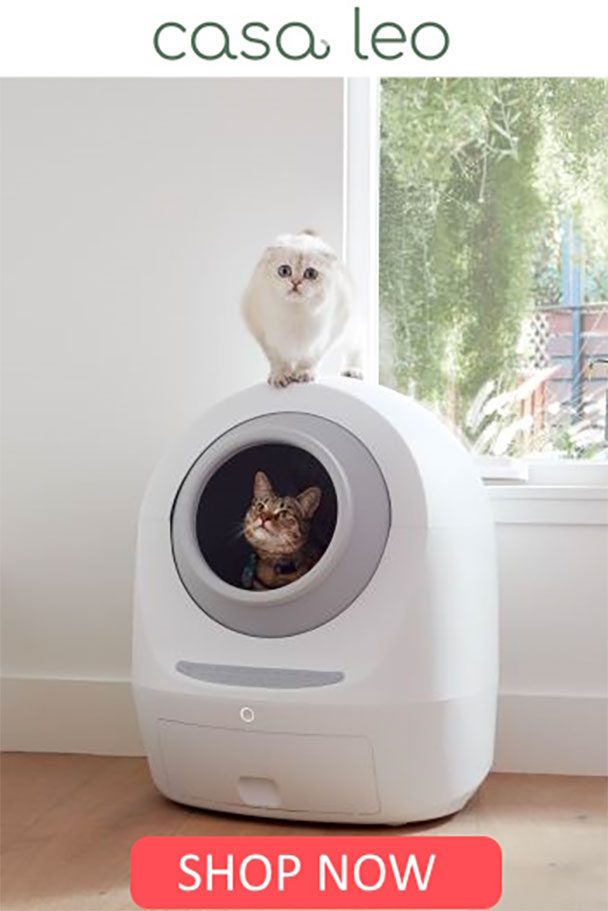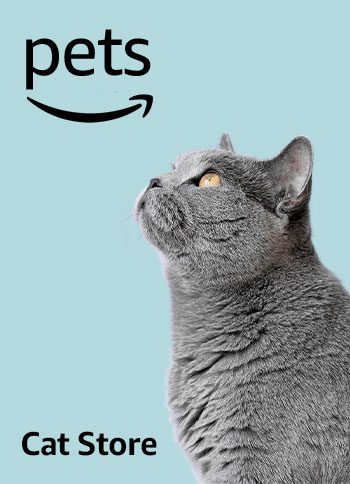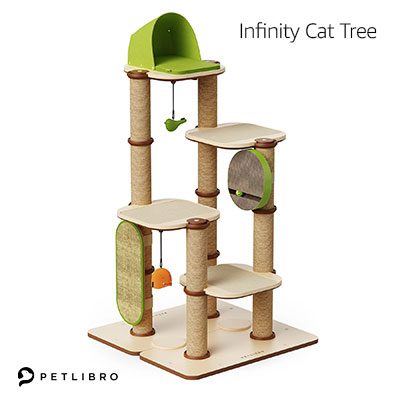For those who enjoy raising poultry, it’s essential to create a balanced environment that ensures the well-being of your feathered friends and your family and pets. Let’s explore why maintaining a healthy setting is crucial and discover practical tips for achieving wellness in your home.
Why a Healthy Environment Matters
Without a doubt, maintaining a healthy environment is of utmost importance. The significance of cleanliness in pet and poultry spaces is comparable to keeping one’s bedroom neat and well-organized.
Respiratory Health
Poultry, particularly chickens and ducks, can generate dust and dander that may affect respiratory health. Inhaling such dust, consisting of poultry residues, can lead to asthma and other pulmonary diseases. Without proper ventilation and efforts to enhance air quality, the repercussions of poultry dust can be severe.
Disease Prevention
Poorly maintained poultry houses pose risks to humans and animals. Avian influenza (bird flu), spread through the air by birds via their saliva, feces and mucus, can infect humans, leading to respiratory problems. Vulnerable groups include poultry farmers, children under age 5, adults over 65, pregnant individuals and those with weakened immune systems.
Moreover, E. coli, typically in digestive tracts, can cause foodborne illnesses. Contamination may occur during meat processing and transmission to humans happens when consuming undercooked or raw meat, leading to symptoms like stomach cramps, bloody diarrhea, vomiting and potential kidney failure.
Similarly, pets can contract Salmonella infection from poultry. Transmission often occurs through contaminated food and water, especially when a pet, like a dog, ingests raw meat or a cat consumes an infected bird.
Behavioral Harmony
Poultry animals may exhibit stress-related behaviors due to various stressors, including cold stress, heat stress and cramped spaces. These stressors can lead to detrimental changes such as reduced appetite, hindering growth and a lowered immune response, making poultry more susceptible to diseases.
Whether or not poultry is in the equation, the consequences of unhealthy environments can be detrimental to humans and animals. Exercising extra care with poultry farms safeguards health and brings crucial economic benefits.
Benefits of Poultry Farming
Raising poultry yields many benefits for individuals, families and communities. Here are several advantages associated with poultry ownership.
Fresh Eggs
Keeping poultry is primarily motivated by the steady production of fresh eggs. Chickens, renowned for their prolific egg-laying capabilities, provide a dependable and nutritious source of eggs for household consumption. Meanwhile, despite their smaller size, raising quail chicks leads to earlier egg-laying as they mature faster than other poultry. Establishing egg production in your backyard fosters a self-sufficient lifestyle, reducing dependence on external sources.
Fertilizer Production
Poultry manure emerges as a remarkable source of organic fertilizer, boasting rich nutrients that can significantly benefit garden soil. The utilization of poultry droppings in gardening practices goes beyond waste management, as it enhances soil fertility and promotes robust plant growth.
Sustainable Meat Source
Poultry keeping extends beyond egg production, as some raise poultry for meat. This practice presents a sustainable, self-sufficient means of sourcing protein for household consumption.
Educational Opportunities
Inherently, the experience of keeping poultry is educational, particularly for children. It serves as a platform for instilling values such as responsibility and empathy, offering valuable lessons about the natural world, life cycles and the fundamentals of animal care.
Weed and Pest Control in Gardens
Through their natural foraging behavior, poultry serves a dual purpose in garden management by controlling weed growth and reducing insect populations. Their consumption of insects, larvae and weed seeds offers an eco-friendly pest and weed control alternative, reducing the need for chemical herbicides and manual weeding.
To optimize the benefits of incorporating poultry into weed control efforts, you should enable chickens to graze and forage in various areas. This strategy ensures a well-distributed impact, preventing overgrazing in any single location. If there are specific plants you wish to safeguard, consider implementing barriers or fencing to protect them from chickens’ foraging activities.
While poultry aids in controlling weed and pest populations, manual weeding may still be necessary for persistent weeds. The physical effort involved is preferable to the risks associated with chemical herbicides, as exemplified by legal actions against Roundup.
How To Create a Healthy Environment
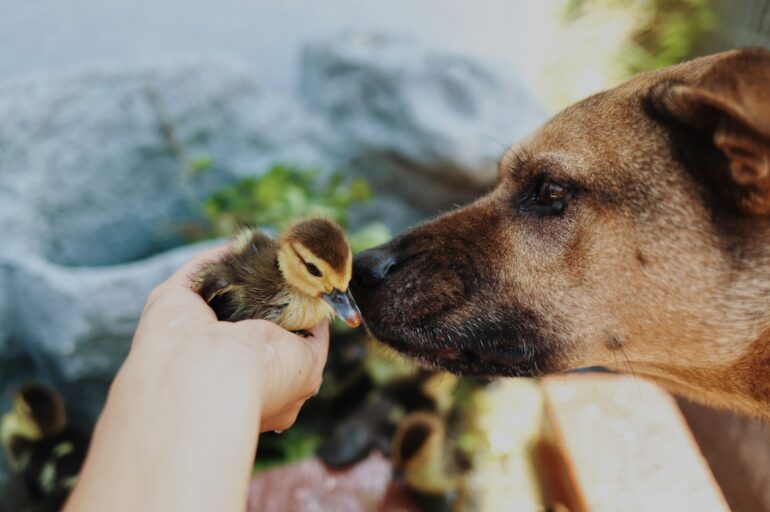
Amy Humphries on Unsplash
Creating a healthy environment is essential for the well-being of all inhabitants, whether they are poultry, pets or humans. Below are specific strategies tailored to each group, outlining measures to ensure optimal living conditions.
For Poultry
- Provide spacious housing for poultry, allowing ample movement and preventing manure Ensure easy feeding with properly installed water and food feeders and grant outdoor access linked to improved meat quality.
- Implement light management strategies to set a consistent day-and-night This improves mobility and alertness in poultry animals by supporting melatonin production, immune function, growth rate and reproductive hormones.
- Maintain cleanliness by providing fresh bedding and regularly cleaning and disinfecting coop areas. Consider an easily maintainable coop design to save time on upkeep.
- Ensure ventilation systems are efficient, keeping airways unobstructed, such as through poultry house Adhere to quarantine procedures for new birds and restrict access to the poultry area for outsiders.
- Routine veterinary examinations and vaccinations are crucial for sustaining your poultry’s These precautionary steps provide an additional level of defense, guaranteeing the well-being of your birds and safeguarding them from illnesses.
For Pets
- Establish and consistently adhere to proper grooming routines, including brushing, bathing, and nail Regularly clean litter boxes, cages, sleeping areas, and toys to prevent the buildup of bacteria and unpleasant odors.
- Exercise caution with pet treats and food by scrutinizing brands and Stay informed about pet health news, and if preparing your pet’s food, ensure thorough cooking to prevent bacterial accumulation.
- Offer pets ample outdoor time to enhance immune health, manage optimal weight, and alleviate Since poultry animals are confined within fences or coops, dogs or cats should have opportunities for outdoor play.
- For pet birds, maintain clean cages, consistently fill feeders, and regularly replenish the Enhance the well-being of birds by installing swings or perches for play. Additionally, provide a bird bath to help birds stay cool and maintain cleanliness.
- Eliminate potential hazards, including toxic plants and small objects that could be ingested or pose injury risks to your
- Maintain a regular schedule for veterinary check-ups to monitor your pet’s health and promptly address any emerging issues. Stay updated on vaccinations, parasite prevention, and dental care to safeguard their well-being.
For Humans
- Give precedence to hygiene when dealing with both pets and Thoroughly wash hands after cleaning poultry houses, sanitizing pet kennels or cages, and handling other pet essentials. This commitment to cleanliness guarantees a safe and sanitary environment for animals and humans.
Fostering Safety With Responsible Poultry Ownership
While there are numerous benefits to keeping poultry, it’s important to approach poultry ownership responsibly. Proper care, nutrition and attention to local regulations are crucial to ensuring safe spaces for pets, poultry and people, maximizing the positive impact on the environment and the community.

